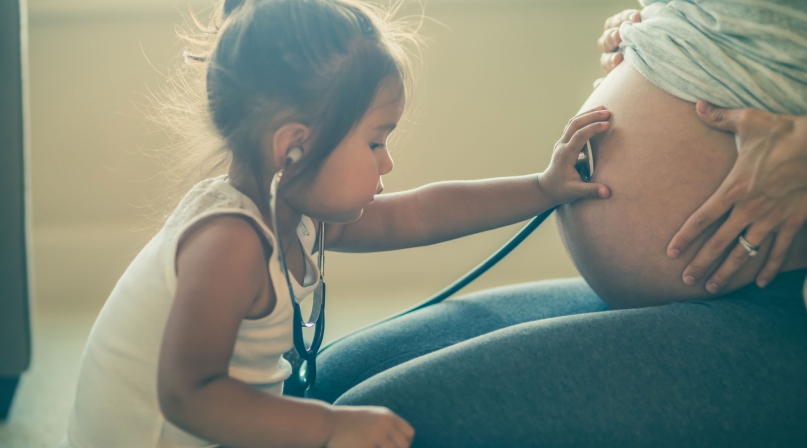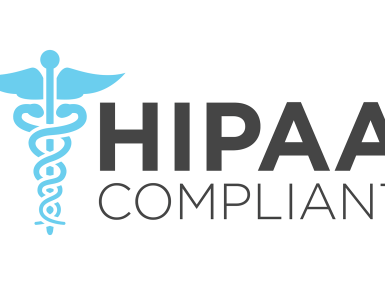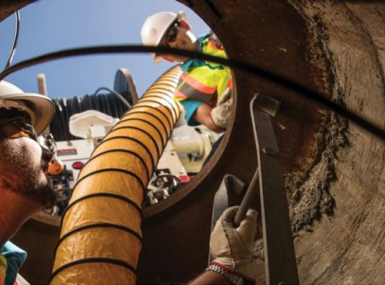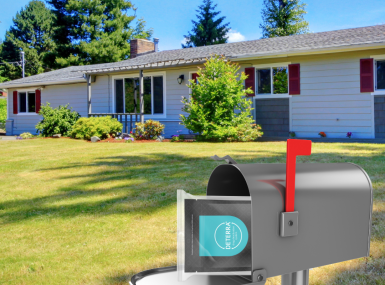A Catalyst for Improving Maternal Health in Missouri
Upcoming Events
Related News

Key Takeaways
From Our Partners
This post is sponsored by our partners at UnitedHealthcare / Optum.
UnitedHealthcare Catalyst™ is improving health in regions across the United States. This model combines localized data with community-level collaborations to improve health outcomes, address inequity and drive meaningful change. The idea behind the model is to pair detailed data analysis with community insight in order to understand the highest priority health needs in the area. This ensures the community itself helps to guide the decisions and actions that address their most important clinical and social needs.
At the heart of every UnitedHealthcare community effort is a wealth of qualitative and quantitative population health data for members and non-members, along with an unmatched level of analysis and synthesis. One specific area of focus for Catalyst is maternal health.
Striving for Healthier Missouri Mothers and Babies
As part of Catalyst, UnitedHealthcare Community Plan of Missouri, Samuel U. Rodgers Health Center and Northland Health Care Access are working together to reduce disparities and improve maternal health outcomes. These organizations play a vital role in providing greater access to care and essential services in high-risk and high-need communities throughout Missouri. In fact, 20,000 people are provided services by Samuel U. Rodgers Health Center alone.
The Catalyst model is addressing several key areas of maternal health in the state, including:
- Low engagement in pre- and post-natal care and well child visits.
- Social determinants of health (SDOH) barriers including lack of access to transportation and healthy food.
- Suboptimal maternal health outcomes such as preterm births and low birth weights.
Together, we designed and implemented:
- Multi-cultural outreach campaigns to promote the importance of pre- and post-natal care.
- Culturally competent care.
- Behavioral health screenings and dental care within pre-natal care plans.
- SDOH screenings and support for enrollment into Medicaid, government food programs and other community programs.
- Support for baby benefit enrollment and appointment scheduling of post-natal and child well visits.
As a result, there’s been a 30% increase in behavioral health and dental care for OB patients, a 3.6% improvement in full-term births, and a 90% improvement in patients attending post-natal care appointments for mom and baby and among Missouri Catalyst participants. By working closely with local community-based organizations, health organizations can better understand the barriers faced by individuals and help address the local inequities driving poor health. Assisting pregnant members also leads to ensuring that more Missouri babies receive well visits and have access to the resources they need to stay healthy. Similarly, serving members in this way often results in meeting more of their essential needs related to other social determinants of health, such as food insecurity, shelter, transportation and more.
“We honor the legacy of our founder, Dr. Samuel Rodgers, the first African American OB/GYN in the Kansas City region, every day by making equitable, culturally competent healthcare personal and accessible to everyone. Our focus on strong birth outcomes and healthy mothers is central to creating healthy people in a healthy community. Our support through high-quality, compassionate care creates health equity in the community that we serve. We meet people where they are and help them to navigate the health system and support them throughout their pregnancy and beyond. The team at Samuel Rodgers Health Center and Northland Health Care Access views everyone’s possibilities and helps them to get the support and care that they need to thrive,” Mr. Bob Theis, CEO, of Samuel U. Rodgers Health Center.
Addressing health equity issues, access to care and SDOH through UnitedHealthcare Catalyst is changing the face of health care and making it personal. In Missouri, the Catalyst program is supporting maternal health services where the need is great, while helping to support stronger, healthier children.
Post Sponsor
























